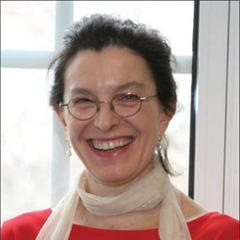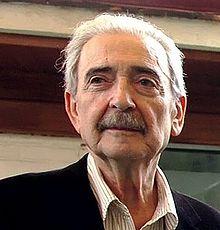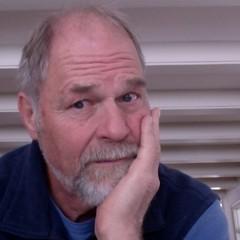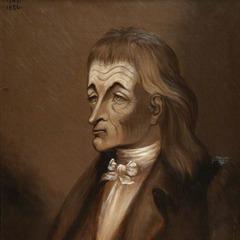John Dryden Quotes - Page 16

John Dryden, Joseph Warton, John Warton (1811). “The Poetical Works of John Dryden: Containing Original Poems, Tales and Translations”, p.185
The Fates but only spin the coarser clue; The finest of the wool is left for you.
John Dryden (1808). “The works of John Dryden: now first collected in eighteen volumes. Illustrated with notes, historical, critical, and explanatory, and a life of the author”, p.296
John Dryden (1866). “Poetical Works: With a Memoir”, p.17
John Dryden, Sir Walter Scott (1808). “The works of John Dryden now first collected ...”, p.273
John Dryden (1811). “The poetical works of John Dryden, esq: containing original poems, tales, and translations, with notes”, p.436
Juvenal, John Dryden, Nahum Tate, Persius, Richard Duke (1713). “The Satires of Decimus Junius Juvenalis: and of Aulus Persius Flaccus”, p.210
Maintain your post: That's all the fame you need; For 'tis impossible you should proceed.
John Dryden (1868). “The Poetical Works of John Dryden”, p.256
John Dryden (1853). “The Poetical Works of John Dryden. With Illustrations by John Franklin”, p.156
John Dryden (1868). “The Poetical Works of John Dryden”, p.432
John Dryden (1859). “The poetical works of John Dryden”, p.177
To take up half on trust, and half to try, Name it not faith but bungling bigotry.
John Dryden, Paul Hammond, David Hopkins (2007). “Dryden: Selected Poems”, p.401, Pearson Education
John Dryden (1868). “The Poetical Works of John Dryden”, p.256
John Dryden, C. B., Esquire Charles BATHURST (1852). “Selections from the poetry of Dryden, including his plays and translations. [The editor's preface signed: C. B., i.e. Charles Bathurst.]”, p.94
Thoughts cannot form themselves in words so horrid As can express my guilt.
John Bell, Joseph Addison, Michael Arne, John Banks, John Brown (1792). “British Theatre: Isabella, or, The fatal marriage”
Who climbs the grammar-tree, distinctly knows Where noun, and verb, and participle grows.
John Dryden, Joseph Warton, John Warton (1811). “The Poetical Works of John Dryden: Containing Original Poems, Tales and Translations”, p.353
The good we have enjoyed from Heaven's free will, and shall we murmur to endure the ill?
John Dryden (1808). “Dramatic works”, p.162
John Dryden (1854). “Poetical Works”, p.143
'All for Love' (1678) act 2, sc. 1
John Dryden, “Absalom And Achitophel”
John Dryden (1866). “Poetical Works: With a Memoir”, p.56
John Dryden (1870). “The Poetical Works of John Dryden”, p.194






